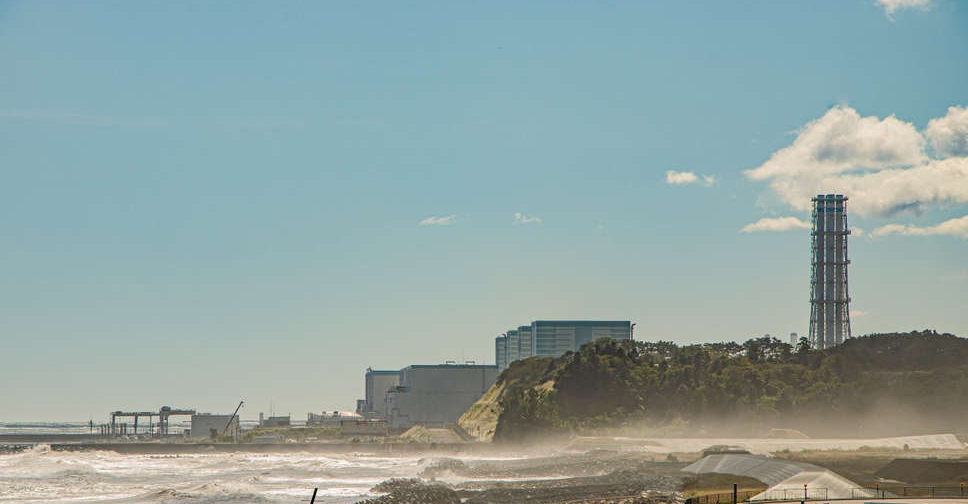
Japan's fisheries agency said on Saturday fish tested in waters around the wrecked Fukushima nuclear plant did not contain detectable levels of the radioactive isotope tritium, Kyodo news service reported.
Nets were set up on Thursday when plant operator Tokyo Electric Power Company (Tepco) 9501.T began releasing treated radioactive water into the Pacific, angering fishermen and many others in Japan, alarming consumers in neighbouring countries and prompting China to ban Japanese aquatic products.
The agency plans to announce test results daily. Tepco said on Friday seawater near the plant contained less than 10 becquerels of tritium per litre, below its self-imposed limit of 700 becquerels and far below the World Health Organization's limit of 10,000 becquerels for drinking water.
Calls to the fisheries agency for comment were not answered on Saturday.
After a lengthy debate, the government of Prime Minister Fumio Kishida decided on Tuesday to allow the release of 1.3 million tons of treated water from the Fukushima plant, destroyed by a 2011 tsunami because Tepco was running out of storage space.
The utility filters most radioactive elements out of the water but dilutes tritium, an isotope of hydrogen, which is difficult to separate from water.




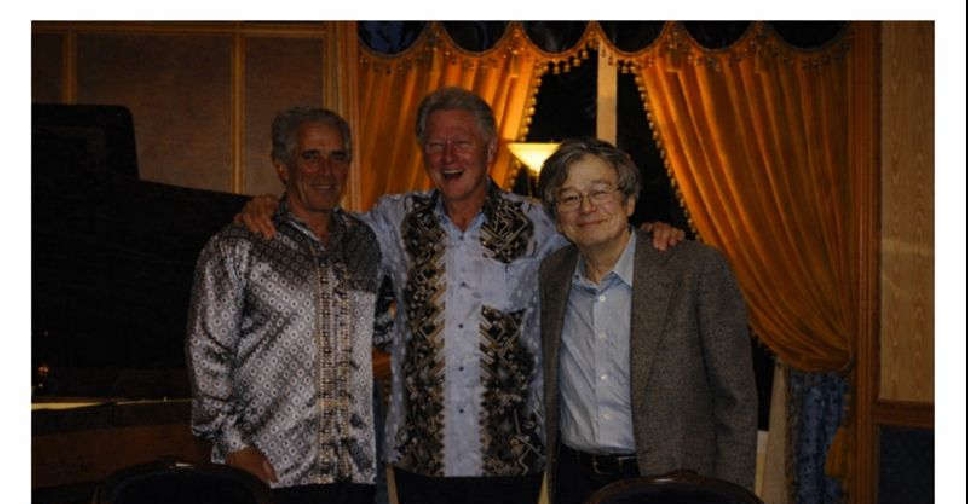 US Epstein files release highlights Clinton, makes scant reference to Trump
US Epstein files release highlights Clinton, makes scant reference to Trump
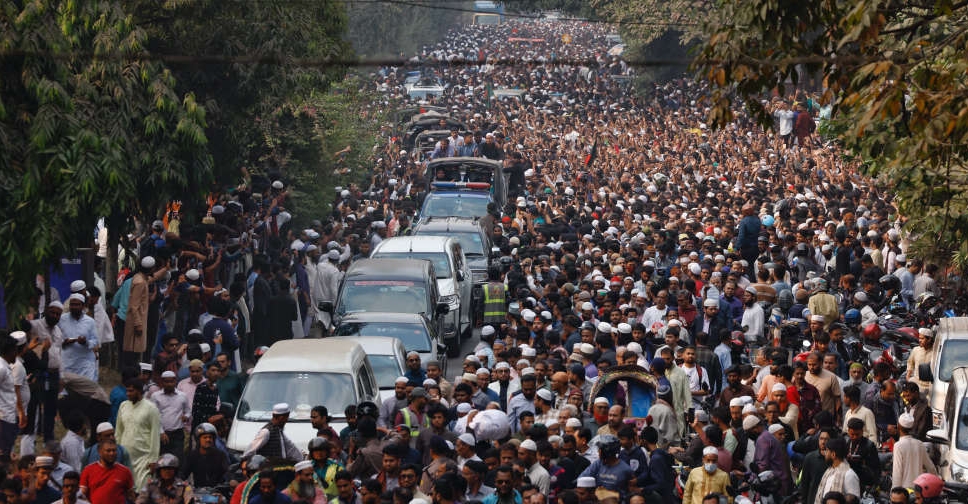 Bangladesh holds state funeral for slain youth leader amid tight security
Bangladesh holds state funeral for slain youth leader amid tight security
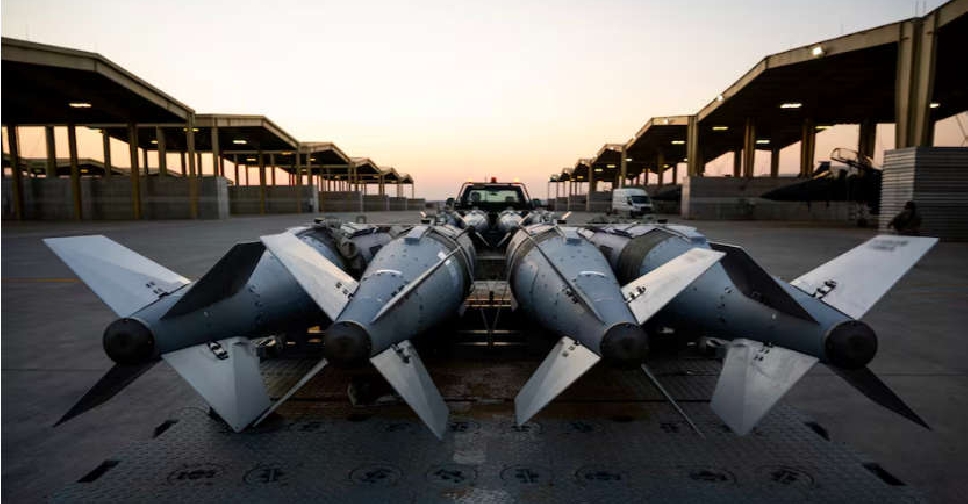 US hits ISIS in Syria with large retaliatory strikes, officials say
US hits ISIS in Syria with large retaliatory strikes, officials say
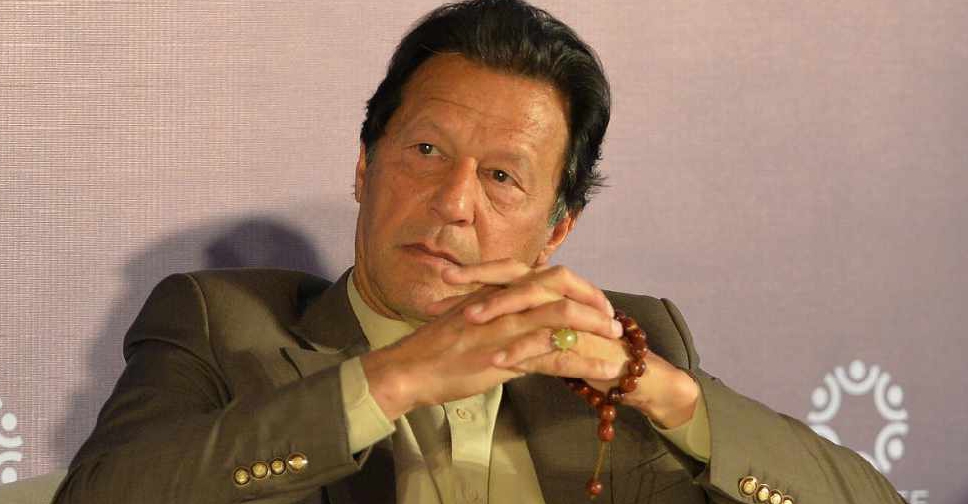 Pakistan court hands Imran Khan, wife 17-year jail terms in another graft case
Pakistan court hands Imran Khan, wife 17-year jail terms in another graft case
 Seven elephants killed in India train accident
Seven elephants killed in India train accident
 Israeli attack on school shelter in Gaza City kills 5 Palestinians
Israeli attack on school shelter in Gaza City kills 5 Palestinians
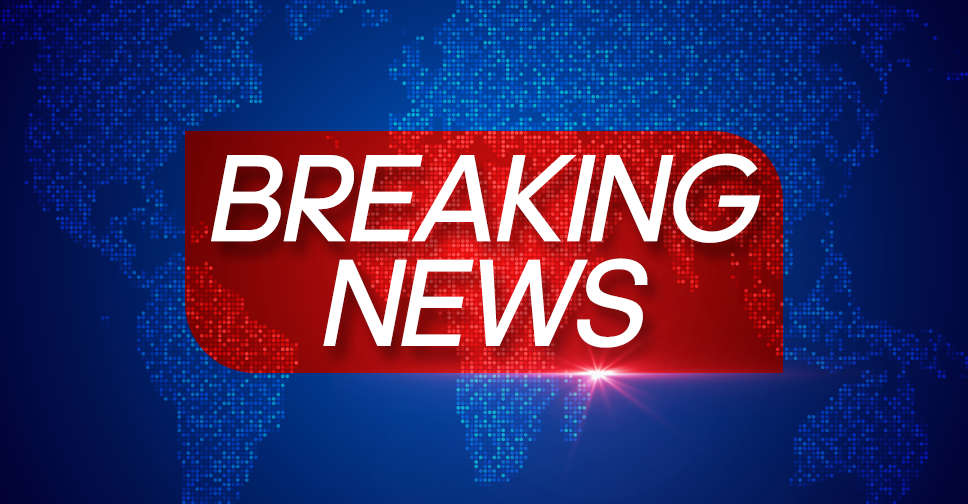 Nine injured in attack in Taipei, media reports
Nine injured in attack in Taipei, media reports
 Putin offers no compromise on Ukraine, says EU 'robbery' failed
Putin offers no compromise on Ukraine, says EU 'robbery' failed




